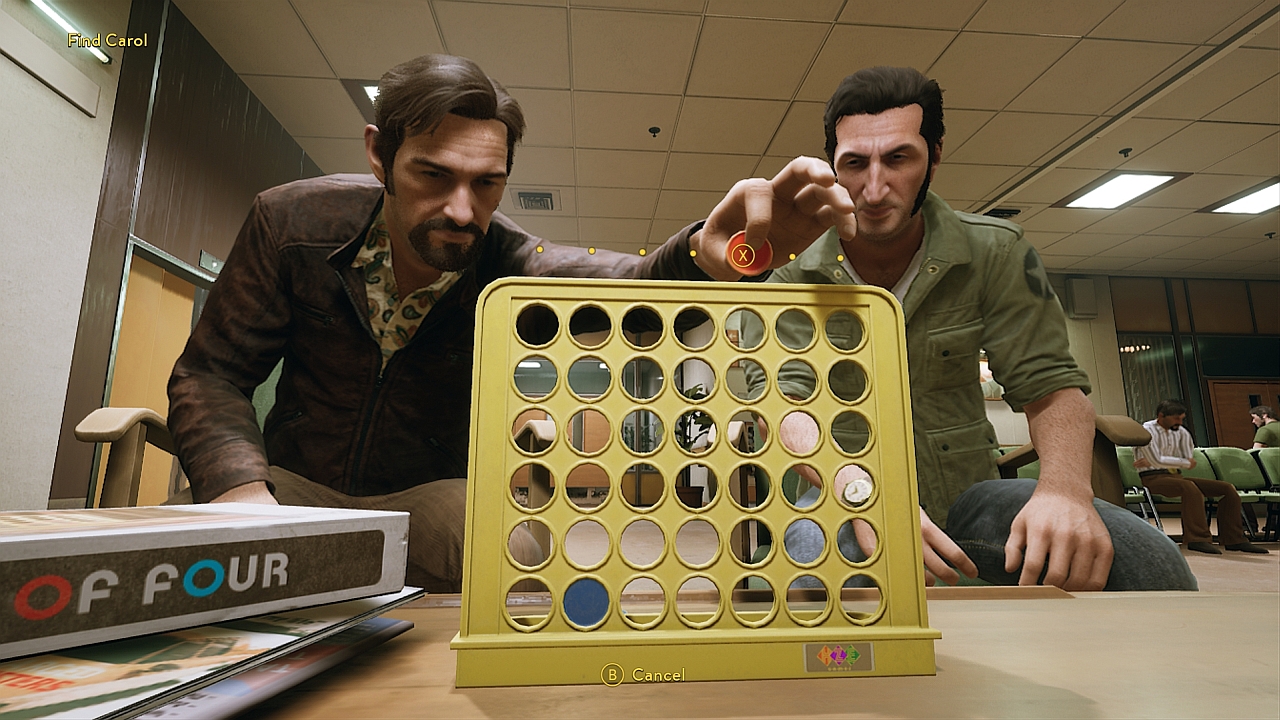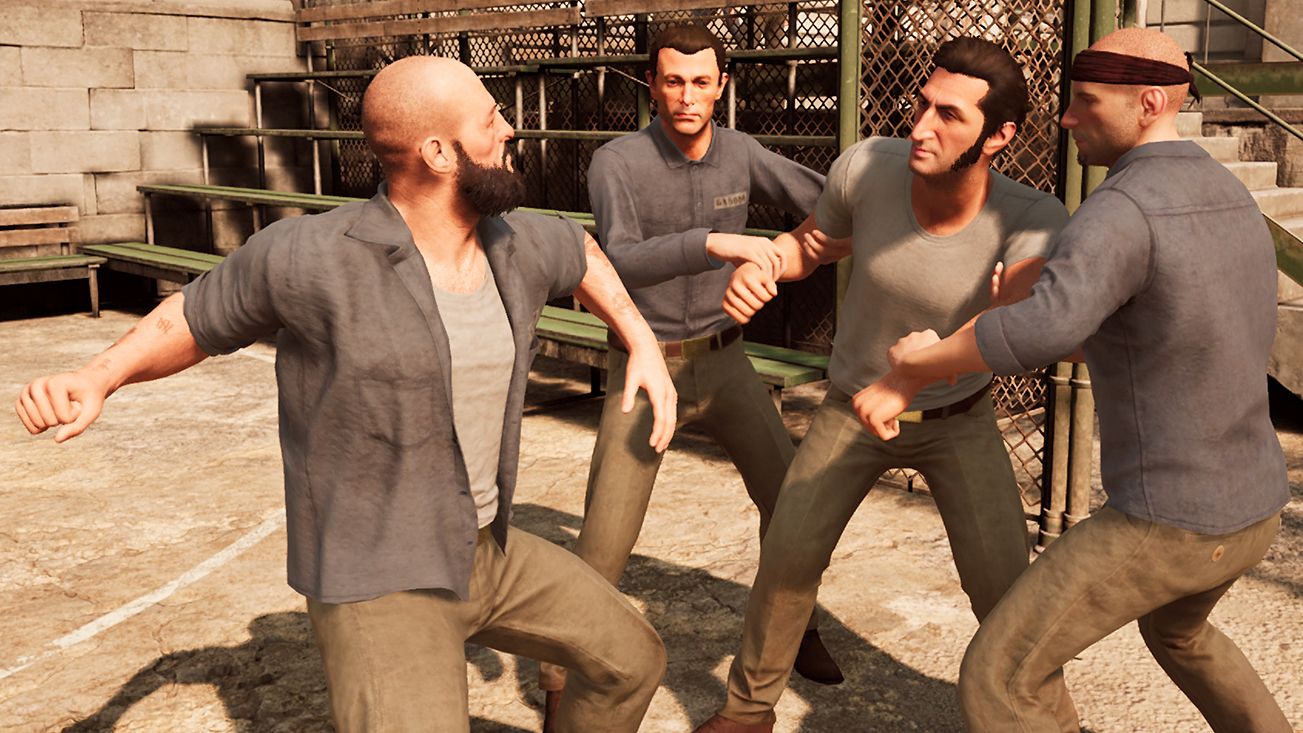A Way Out director says next game will also be published by EA
Josef Fares says EA is "super-supportive."

A Way Out sold one million copies within three weeks—more than EA thought it would sell in its lifetime. As reported by Eurogamer, this publisher/developer partnership will carry over to Hazelight Studios' next game.
Speaking to EG at last week's Gamelab conference, Hazelight director Josef Fares—who also led development on Brothers: A Tale of Two Sons—described the dev's relationship with EA as "super-good".
"Yeah, we're with EA," Fares told EG. "It's no problem. It's super-good support. I don't care what publisher I work with it's going to be the same. This is how I work: I respect the economical aspect but nobody fucks with the vision—it's very, very important. And they know it at EA now, and they're super-supportive—super-supportive."
Fares continued to say its next project aims to go into "full production" in the next month, but it may be years away from showing anything. It'll be bigger in scope and scale than Fares' previous works, and will in turn run longer than A Way Out—which Eurogamer reports had a 50 percent completion rate.

"The next game will be longer than A Way Out, but that's because it makes sense for that game," added Fares. "Developers should focus on making the best game. It shouldn't be a tick box thing. That goes for everybody—for the players, for the reviewers. Why are we talking about replayability when nobody is really even finishing the games? It doesn't make sense. It's like everybody is going on autopilot here."
Chris Schilling gave A Way Out 64 in his March review. I liked this extract, which sort of speaks to its length:
Split into 37 bite-sized chapters, it’s a restless game that maintains a brisk pace, though in its early scenes you’re asked to take things slowly and carefully. Here, it feels a bit like a simplistic co-op Hitman, as you use conveniently placed objects and environmental features to cause distractions or avoid detection. As a wounded Vincent you’ll occupy a nurse in the medical wing while Leo sneaks out to grab a chisel.
Keep up to date with the most important stories and the best deals, as picked by the PC Gamer team.
Later, as he unscrews his toilet and chips away at the wall behind, you’ll play lookout, shifting the camera left and right to spot incoming guards, before engaging them in conversation to briefly delay their patrols. In a mechanical sense, it’s basic stuff—there’s usually a single solution to any given problem—but the context keeps things fresh.
Read Chris' A Way Out review in full here.

